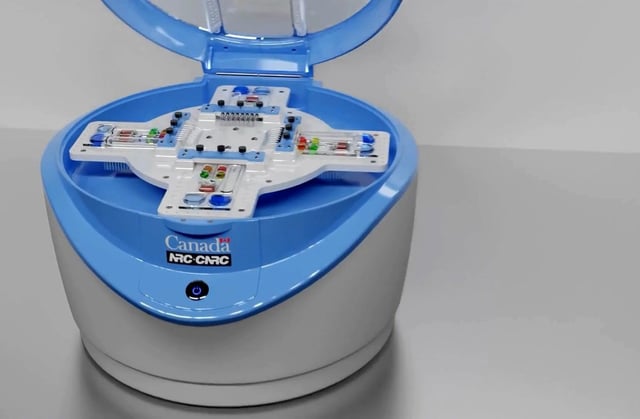Overview
- The Sepset signature flags patients at risk of developing sepsis within 24 hours by measuring expression of six genes in a blood sample.
- The PowerBlade device uses microfluidics to automate nucleic acid extraction and amplification from a pinprick of blood and deliver results in under three hours.
- Retrospective testing on 30 patient samples showed the platform achieved 92% accuracy in predicting sepsis onset.
- Current sepsis diagnostics are often slow or only about 50% accurate early in the disease, contributing to a condition that causes 11 million deaths globally each year.
- Researchers plan to begin clinical trials later this year to validate the prototype in emergency departments and remote community settings.

